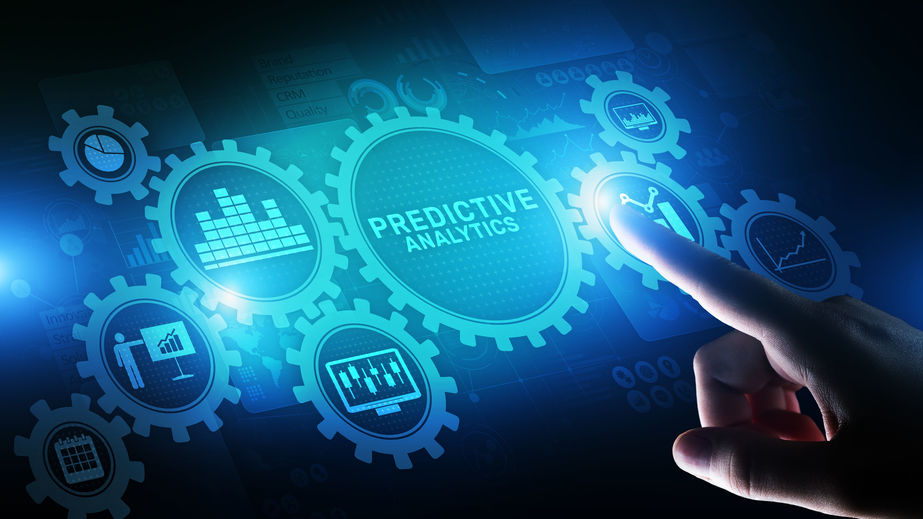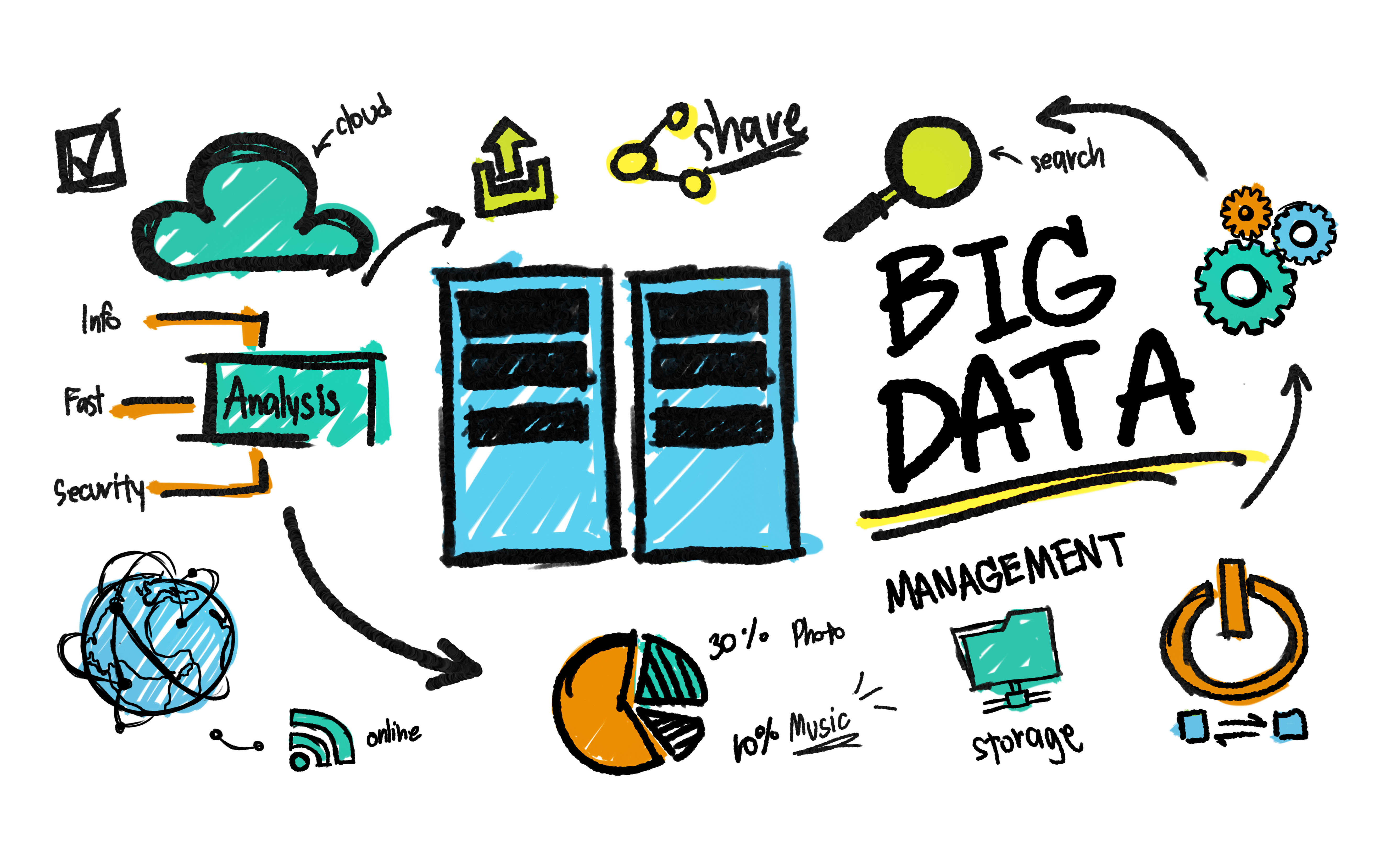What do Netflix and Marvel have in common? Besides producing audiovisual content? The two entertainment giants use data to create products that are increasingly aligned with the expectations of their consumers. That is, the Data Driven culture and it is in the DNA of the two.
You’ve probably heard about Netflix’s Stranger Things series. Then you might be suprised to learn that it is 100% data-based written, as all references to the 1980s are entered based on fan interactions. The same can be said of the Marvel universe, in particular, from the Avengers film series. The superhero reunion which was also developed based on an analysis of what fans wanted.
The two companies above are giants, but the Data Driven culture can be deployed in companies of all sizes and segments. I’m sure you want to understand how? Then keep reading!
What is Data Driven Culture?
The Data Driven culture is nothing more than the company basing its operations on a data-driven management. This is the case with Netflix and Marvel, two companies that make a solid mapping of the data of the interactions and reactions of their consumers. This is so they can deliver what they want, in the process known in the pop culture universe as fan service.
Outside the world of entertainment, with the digital transformation and exponential increase of data produced by companies, several of them are adopting this culture, either to understand their audience and market movements, or to improve internal processes.
Many managers confuse the concept and worry only about accumulating data rather than extracting value from those they hold at hand. Accumulated data, without a tool and qualified professionals to analyze it, is just stacked information. Therefore, it is important to use software capable of analyzing such information, delivering insights that generate value for the business.
Why should I adopt Data Driven culture in my company?
The adoption of the Data Driven culture offers a huge competitive difference for companies, since in many corporations, decisions are still made based on empiricism or experience accumulated by managers.
Data analysis, on the other hand, is pragmatic because it delivers insights based on relevant interactions, such as the opinion that customers have of a product or service. The analysis of data can also be used from a business management system standpoint, in terms of what needs to be improved in the internal processes of the company.
This allows the company to create products that are increasingly aligned with expectations, promoting loyalty, and also creates an internal policy of continuous improvement.
In addition, doing data-driven management is increasingly simple and less expensive. In addition to the company being able to hire a developer to create a custom software, in the market there are several tools prepared for this, including many business management systems that bring functions that allow the analysis of metrics in real time, as well as the issuance of reports.
How to take the first steps towards the implementation of this culture?
The Data Driven culture does not have that name for nothing, after all, it cannot be considered just a bureaucratic process. The company as a whole must focus on having this broader vision, always seeking the maximum basis for each strategic decision making. For this culture to be achieved, you need to start by taking the following steps:
- democratizing data — since all employees must make their decisions based on data, they should have easier access to analytics and autonomy tools to use;
- improve internal communication — ensure that employees are aligned with this new corporate culture, with training that makes it clear what data is relevant to the business;
- increase analytical capacity — to deploy the Data Driven culture — the company must invest in automation tools, with robust algorithms, endowed with artificial intelligence, so that the analysis is reliable.
As we saw in this post, the Data Driven culture has come to harness the potential that Big Data offers for management. There is no more of a crucial time for this than now, as companies are immersed in digital transformation, producing data around the clock, and people are willing to give their opinions about their favorite products and services spontaneously on social networks.
Did you like the post? Have any questions about the Data Driven culture or the software that allows good data analysis? Let us know everything you think in the comments below!






